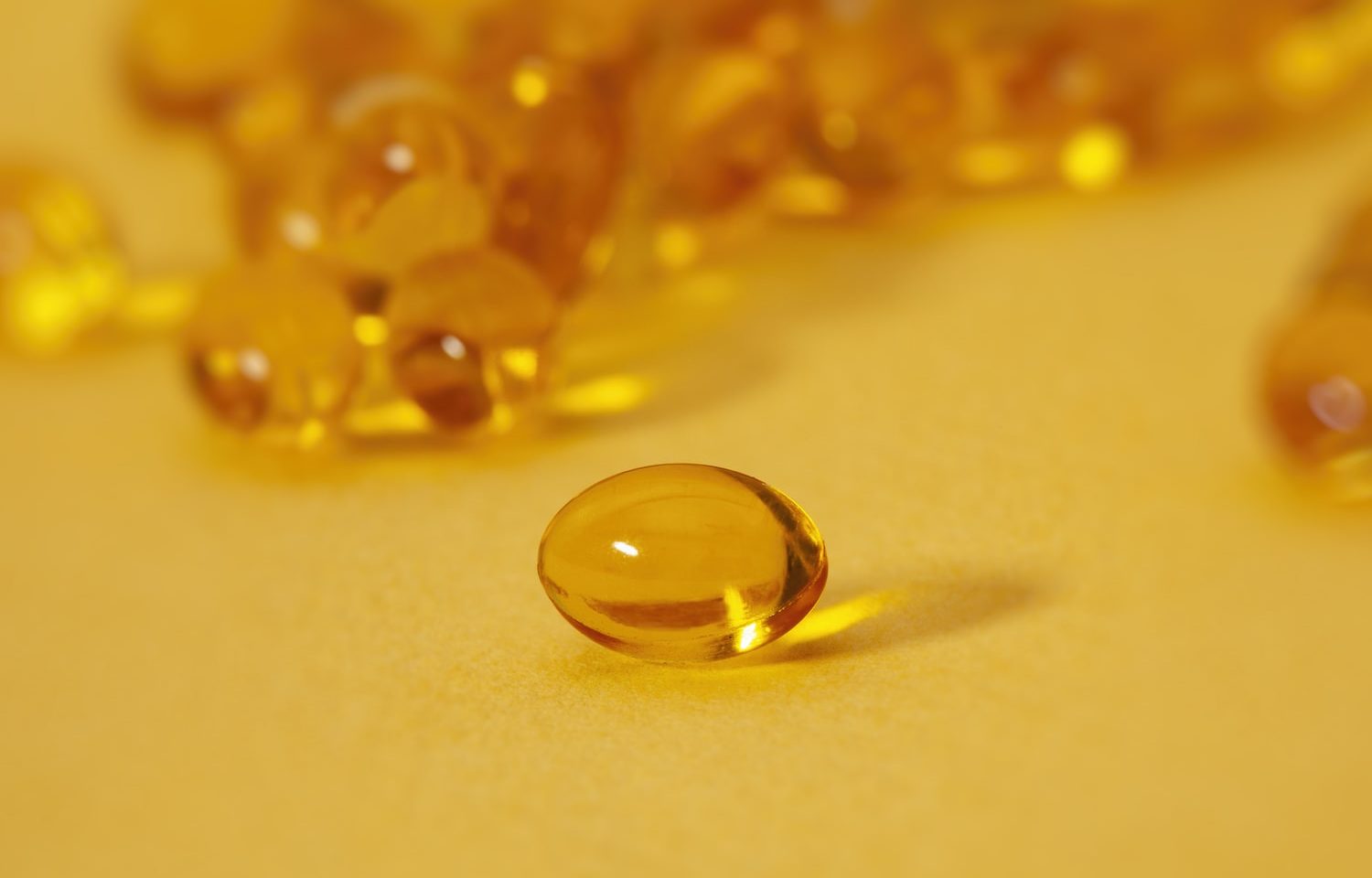
High-dose vitamin D supplements appear to aggravate inflammation and myelin loss in the brain and spinal cord, and worsen the disability associated with multiple sclerosis (MS), a study in a mouse disease model reported.
Excessive use of vitamin D causes calcium levels to spike, which directly increase the inflammatory state of immune cells and their capacity to infiltrate the central nervous system (CNS; the brain and spinal cord), the researchers observed.
Supplements given in moderation, however, may help to ease disease symptoms.
The findings were presented at the Americas Committee for Treatment and Research in Multiple Sclerosis (ACTRIMS) Forum 2020, held Feb. 27–29 in Florida, in the poster “High Dose Vitamin D Worsens Experimental CNS Autoimmune Disease By Raising T Cell-excitatory Calcium.” The presenter was Sebastian Torke, PhD, with the Institute of Neuropathology, University Medical Center in Göttingen, Germany.
A large body of data suggests that low vitamin D levels raise a person’s risk of developing MS. But whether or not vitamin supplements should be given to people who already have the disease is under debate.
In general, MS patients have relatively low levels of vitamin D. Based on studies showing an association between low levels of this vitamin and a higher risk of relapses and earlier disability, doctors often recommend oral vitamin D3 (cholecalciferol) supplements to their patients.
Yet, it is unclear whether such supplements offer therapeutic benefits to MS patients, and if they do, what doses should be advised. While relatively low doses of vitamin D appear to be safe, high doses are likely toxic and potentially harmful.
Researchers set out to model the consequences of this common practice by investigating the effects of long-term vitamin D supplements given to mice.
They fed mice a diet containing either a low concentration (less than 5 IU of vitamin D3/kg of food), a standard amount (1,500 IU/kg), or a high dose (75,000 IU/kg) of vitamin D3 for 15 weeks (about three and a half months).
These three doses were chosen to generate serum levels of 25-hydroxyvitamin D [25(OH)D] — the molecule measured in a vitamin D blood test — reflective of what is typically seen in patients with vitamin D deficiency (less than 30 nmol/l), in those taking modest supplements and achieving normal vitamin D levels (100 nmol/l), and in those with disproportionally high supplements (250 nmol/l).
All three diets contained identical calcium (1%) and phosphate (0.7%) concentrations.
Researchers then induced MS-like disease in the mice and followed their clinical symptoms, CNS inflammation and damage, and immune cell behavior.
Results showed that, compared to MS mice not given supplements, a moderate dose of vitamin D eased disease severity, which was linked to an expansion of regulatory T-cells — immune cells that help to keep immune responses in check.
The opposite, however, happened in mice fed a high-dose vitamin D diet.
“High-dose, long-term vitamin D supplementation lead to much worse disease in these mice,” Torke said.
The animals had excessively high levels of the vitamin in the blood (above 200 nmol/l), and developed “fulminant” disease with severe and persistent disability. This was associated with massive CNS inflammation and the infiltration of activated T helper 1 (Th1) and Th17 cells — immune cells that can cause inflammation and autoimmune disease — as well as demyelination (loss of myelin), a hallmark of MS.
Researchers decided that calcium is likely at fault for what they considered an “unexpected outcome.”
High-dose vitamin D caused calcium levels to rise to excessive amounts (hypercalcemia) throughout the body, triggering the activation, proliferation, and inflammatory behavior of T-cells.
Supporting these findings, the researchers also found that exposing mice or human T-cells in vitro (in the lab) to various concentrations of calcium (equivalent to those found in vitamin D-fed mice) increased the entry of calcium into cells, and triggered the activation of pro-inflammatory pathways.
“It is not vitamin D that is bad, but too much vitamin D leads to increased calcium [levels] that promote T-cell proliferation and activation,” Torke said.
Calcium also enhances the ability of T-cells to cross the blood-brain barrier — a highly selective membrane that regulates which substances or cells carried in blood can enter the brain or spinal cord — reflecting a greater ability to infiltrate the CNS.
Inducing hypercalcemia in mice was enough to activate T-cells, confirming that this effect can also occur in a living organism (in vivo).
“These findings highlight excessive vitamin D supplementation and resulting hypercalcemia as novel risk factors promoting worsening of CNS demyelinating disease,” Torke said.
“Our data caution that in light of the currently limited information on a direct beneficial effect of vitamin D in MS, MS patients may be at danger of experiencing untoward immunological and/or clinical effects when vitamin D is supplemented excessively,” Torke concluded.
No comments:
Post a Comment